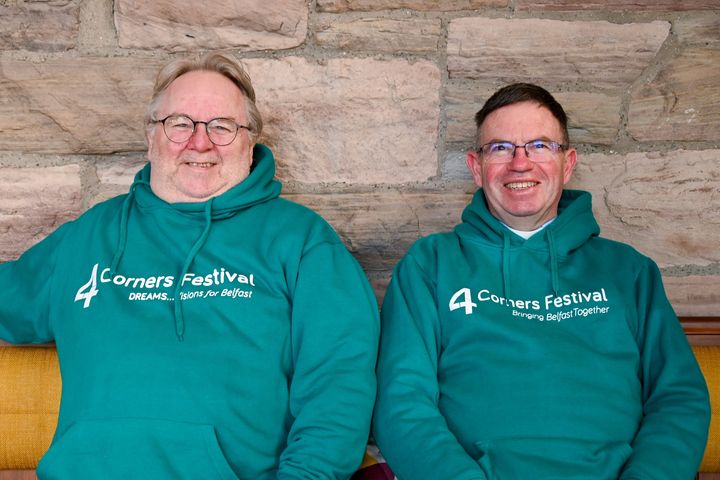
When letters were the only form of written correspondence, how one should sign off was obvious. But the rules are far less clear with email. Are you thoughtful? Grateful? Or just very, very busy? The answer might be in your email sign-off .
This week, the Journal of Experimental Psychology found people who use abbreviations in their digital communications come across as less sincere and are less likely to receive responses. Which is bad news for everyone who likes to end their emails “BW”. When letters were our only form of written communication, the rules about when to use a “Yours Sincerely” (if you knew the person’s name) or a “Yours Faithfully” (if you didn’t) were clear.
But although the average Brit now sends 144 emails a day , there are no formal guidelines about what’s appropriate. As such, our own personal preferred choice of ending may subconsciously reveal a lot about us. “We can tell a lot about personality and leadership style from how people choose to communicate, and emails are no exception,” says Dr Rachael Molitor, a psychologist specialising in human behaviour.
“Because of the recency effect, the way you choose to end your email might count for more than the way you chose to greet someone, or even the contents of that email.”.














